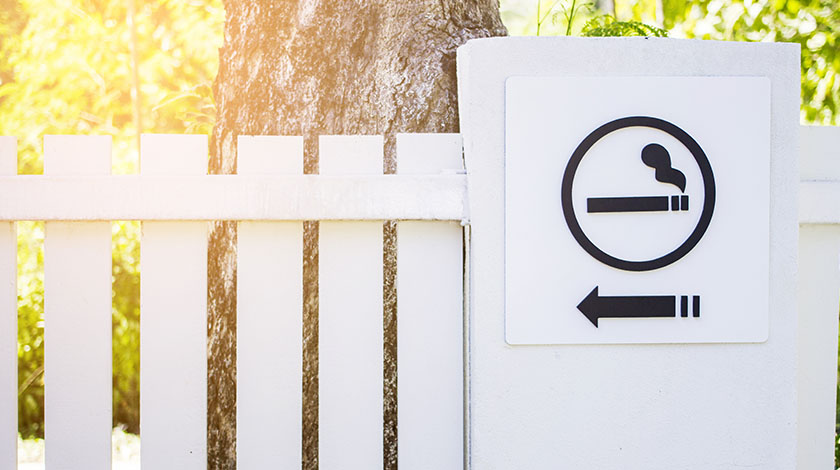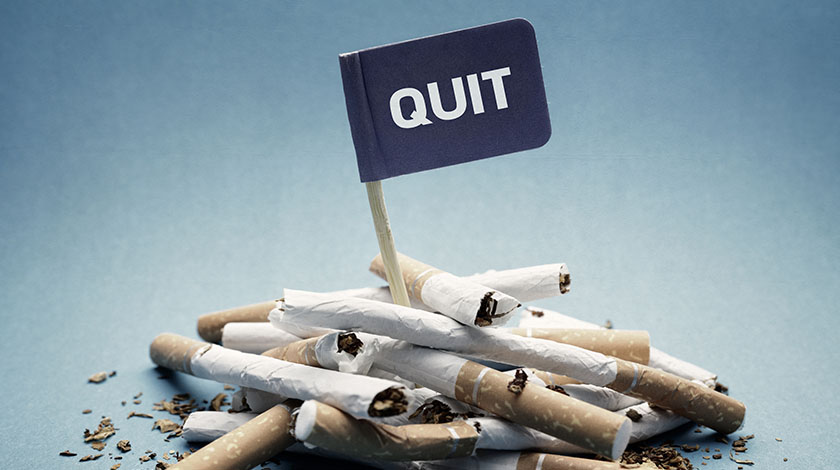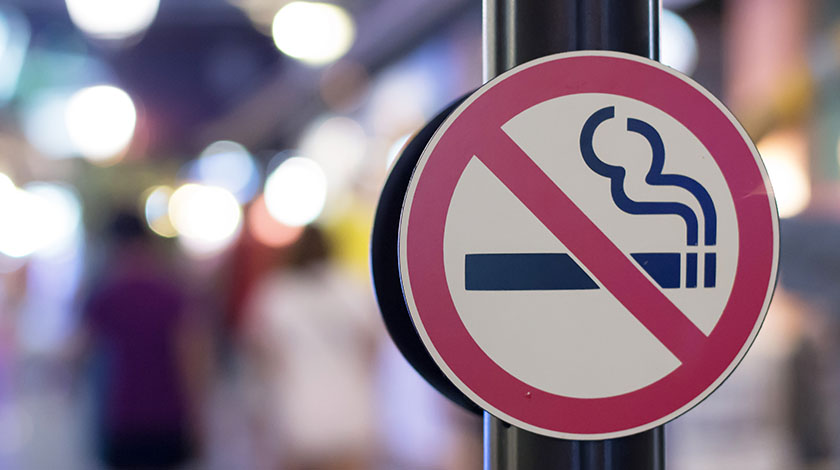Dry red eyes, an itchy throat and a stuffy nose are the symptoms of exposing to secondhand smoke, but the bad effects extend beyond temporary discomforts. The International Agency for Research on Cancer (IARC) and the World Health Organization (WHO) confirm our risk of cancer increases with the frequency and duration of exposing to secondhand smoke, there’s really no safe threshold when it comes to passive smoking.1
The dangers facing secondary smokers
Secondhand smoke contains the same carcinogenic toxins and air pollutants as first-hand smoke, including carbon monoxide and ammonia.2 Secondary or passive smoker, therefore, face the same health risks as primary smokers, including cervical and lung cancers1, birth defects2, respiratory illnesses such as asthma or sinusitis3, pulmonary heart disease and other cardiac illnesses.1
Children exposed to passive smoking are more likely to develop debilitating conditions such as bronchitis and pneumonia, and asthma sufferers are particularly vulnerable as their respiratory systems are less developed. 3
Secondhand smoke? No thanks!

Now that you understand how devastating the health effects of secondary smoking can be, one easy step you can follow is to avoid it. If you have guests over, politely ask them to smoke outside the house. Avoid designated smoking areas in or around public places, and gently rebuke smokers who smoke outside of the designated areas. You can also step up the game and be active in protecting yourself from passive smoking!
Helping smokers quit

Battling nicotine addiction is a lifelong struggle. If you are exposed to secondhand smoke from a family member or a friend, give them your support to quit for the sake of others, as well as their own — whether it is moral support, offering distractions in the form of fun activities or have crutches such as nicotine gum ready.
It also helps to know how much smoking has been costing them and how much they will be saving for the rest of their lives by quitting cigarettes. Share this health tool built by Cigna Smart Health to give your friends more motivation!
Seeking help from the professionals is also a phone call away. Hong Kong’s Department of Health operates an Integrated Smoking Cessation Hotline 1833 183 that offers counseling by registered nurses. Medications will be prescribed to quitters if necessary. Users may assess their nicotine dependency, obtain the test result as well as other information via the hotline.4 Pharmacists at the Hospital Authority’s Smoking Counselling and Cessation Centres also assist smoker to quit through evidence-based therapies.5 Other organizations offering similar services are located throughout Hong Kong. They include Tung Wah Group of Hospitals, Pok Oi Hospital and Christian Family Service Centre, offering the kind of support quitters need.5
Cigarette smoke is a deadly weapon not just for smokers, but the people around them. Take a stance against secondhand smoking today!
Sources
- ASH Research Report: Secondhand Smoke. Action on Smoking and Health. Visited 19 September 2017.
- Children and Secondhand Smoke A Position Statement.Faculty of Public Health & Action on Smoking and Health. Visited 28 March 2014.
- Tobacco, smoking and cancer: the evidence. Cancer Research UK. Visited 28 March 2014.
- Quitting Smoking. Tobacco Control Office. Visited 14 October 2017.
- Cessation Services. Hong Kong Council on Smoking and Health. Visited 14 October 2017.

